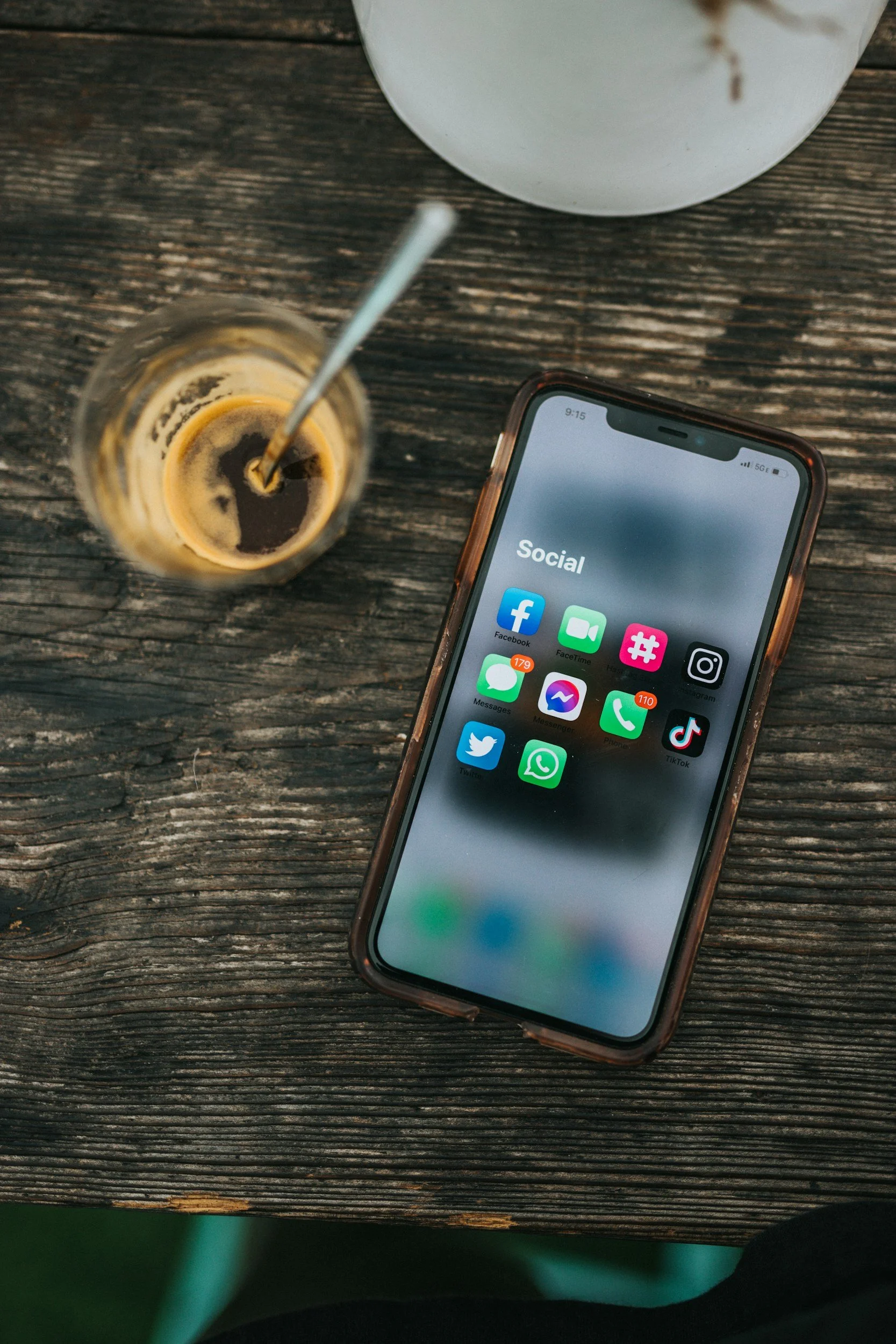Ver pagina en: English | Español
Hearing loss is rarely sudden or total, unless you are exposed to an exceptionally loud noise or head trauma. It’s usually gradual—sometimes so gradual that your family and friends may notice the problem before you do.
Here are 10 questions to help determine whether you (or a loved one) should have your hearing tested:

The need to constantly raise the TV volume is a telling sign that one has a hearing loss.
Do you have difficulty hearing over the telephone?
Do you have trouble following the conversation when two or more people are talking at the same time?
Do people complain that you turn the TV volume up too high?
Do you have to strain to understand conversation?
Do you have trouble hearing in a noisy background?
Do you find yourself asking people to repeat themselves?
Do the people you talk to seem to mumble or speak unclearly?
Do you misunderstand what others are saying frequently?
Do you have trouble understanding soft speech or voices?
Are people frequently annoyed due to your misunderstanding of what was said?
If you answered yes to three or more of these questions, schedule a professional hearing evaluation with a hearing healthcare professional.
“Often the individual with hearing loss is unaware of what they cannot hear. Improvement of hearing could improve their quality of life.”
More Resources
These findings suggest that the ability to integrate what is seen with what is heard becomes increasingly important with age, especially for cochlear implant users.
As the first known Black author to publish a 10-book children’s series centered on deaf, hard of hearing, and disabled heroes, I’ve created what I once longed for: stories where children see themselves as powerful.
Social platforms have become spaces to compare symptoms, crowdsource explanations, and seek community. For tinnitus, that openness has helped many people feel less alone. Unfortunately, it has also created space for confusion, misinformation, and discouraging myths that can delay effective care.
Often these surprising sources of loud sounds come about from a misguided belief that loud means fun—the louder it is, the more festive. The good news? Because the decibel scale is logarithmic, turning it down even a little can help save our hearing a lot.
I know the only way I could hear it is if we all stopped playing and moved up to the net every time someone has something to say.
Despite decades of research showing the profound impact of hearing health on overall quality of life, most people won't consider their auditory system until problems become undeniable.
A practical reference, not a lecture, from a music industry professional on how to protect our first instrument: our hearing.
We found that the aging brain tries to amplify degraded input from the auditory nerve and that amplified responses are associated with poorer brain structure and trouble with speech understanding.
On the eve of this biggest day for charitable giving, you’ve more than likely already heard from many nonprofit organizations. Here’s what makes Hearing Health Foundation stand out.
The material on this page is for general information only and is not intended for diagnostic or treatment purposes. A doctor or other healthcare professional must be consulted for diagnostic information and advice regarding treatment.













I made one hat to solve problems, never imagining how many other adults and children would relate. It’s an honor to be able to give something back to the cochlear implant community that understands this journey so well.